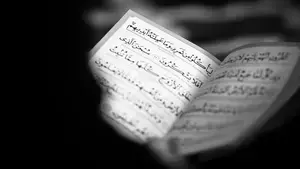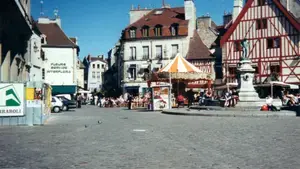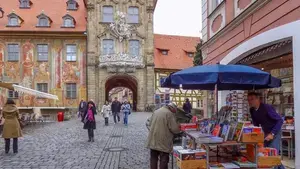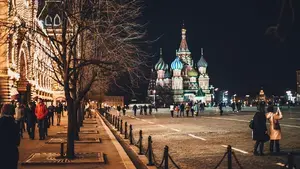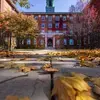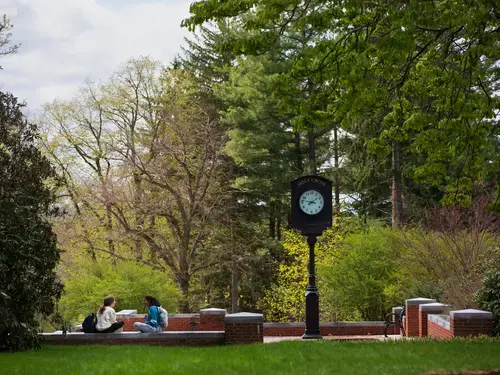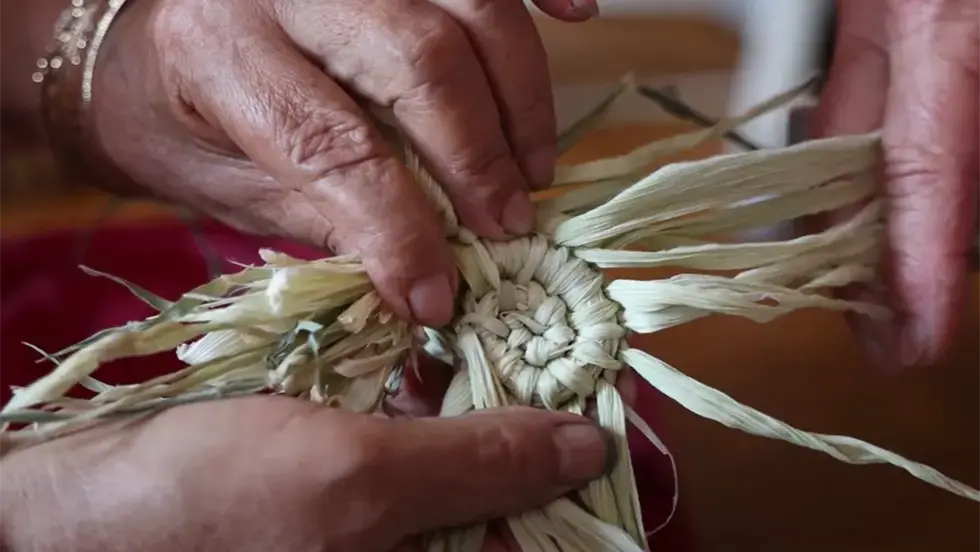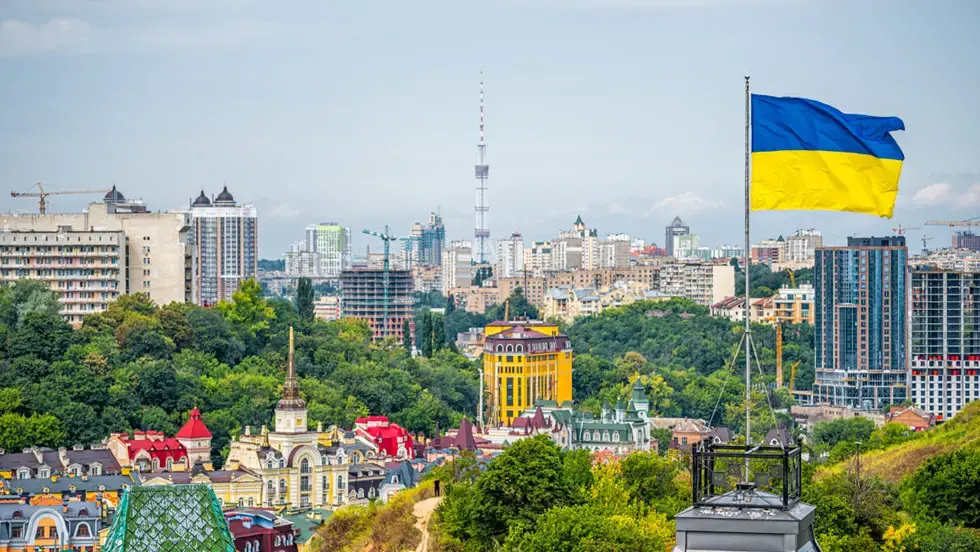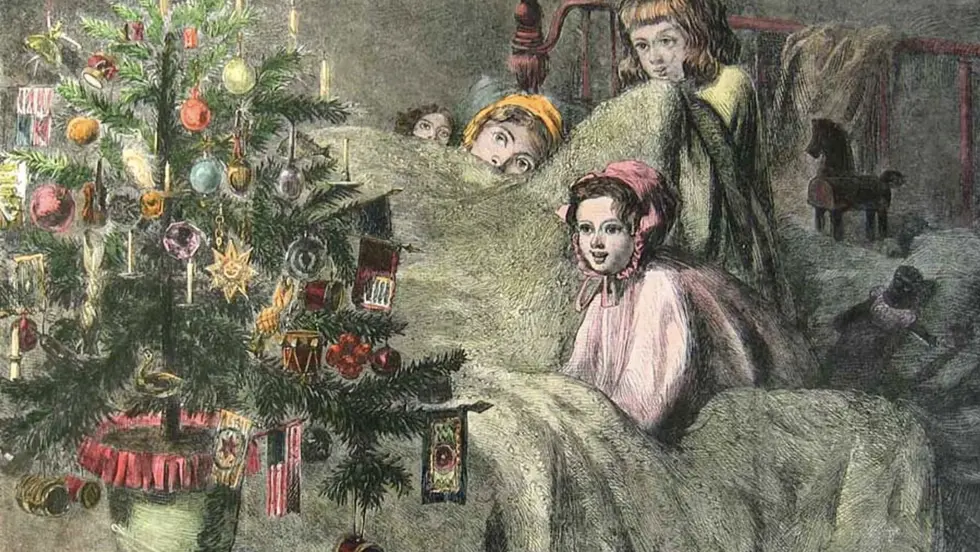
World Languages, Literatures & Cultures
Explore how language, art and culture shape your world.
In the Department of World Languages, Literatures, and Cultures, you’ll find seven language, literature and culture programs that explore universal truths and contemporary issues through the perspectives of other times, places and peoples: Arabic Studies, Chinese Studies, Deaf Studies and ALS, French and Francophone Studies, German Studies, Italian Studies, Russian Studies and Studies in World Literatures.
Why Study World Languages, Literatures & Cultures?
Our department offers outstanding training in languages, cultural understanding, critical thinking and community engagement. Students often pair their selected World Languages, Literatures & Cultures (WLLC) program with other majors in the sciences, social sciences and humanities. Your WLLC major or minor is also a great fit for academic internships, the Washington D.C. semester program, summer internships and graduate school.
Language placement procedures
Language placement procedures for all languages can be accessed via the STAR student system. A language placement tile is displayed on the STAR dashboard. You must follow the language placement procedures if you:
- Have already studied a language that you wish to continue at Holy Cross, or
- Have any knowledge of the language through family or community
Courses of Study
Arabic: Minor
Arabic is the primary language used for communication in the Middle East and is considered a “critical language” by United States government agencies. A knowledge of Arabic can further careers in law and diplomacy, business and trade, journalism and education. The Arabic program offers students dynamic learning opportunities both in and out of the classroom, and supports students interested in broadening their studies.
Chinese Studies: Major, Minor
Students in the Chinese Studies program take language courses — ranging from elementary to advanced levels — as well as courses on Chinese literature, linguistics, cinema and culture. Students are encouraged to broaden their understanding of China through courses offered across the college in areas such as Chinese art, economics, history, philosophy, politics and religions.
Deaf Studies & Sign Languages: Self-Designed Major, Minor
The Deaf Studies & Sign Languages program is unique for its wealth of opportunities to learn American Sign Language and sign languages such as Black Sign Language from native ASL signers. You will develop proficiency in ASL through our three-year language program which consists of formal classroom instruction, practicums and cocurricular activities.
French and Francophone Studies: Major, Minor
The French and Francophone Studies program offers students many opportunities to engage with the French language and French-speaking cultures, both in and out of the classroom. Students are set up for success in their post-graduate careers, graduate school admissions and national fellowship programs, especially when it is combined with an immersive study abroad experience.
German Studies: Major, Minor
The accomplished faculty of the German Studies Program offers dynamic attention to diverse learning styles using innovative teaching methods that make the German language, literature and culture come to life in the classroom.
Italian Studies: Major, Minor
Each year, over 200 students enroll in Italian Studies courses at Holy Cross selecting from among language, literature and culture. Through dynamic courses taught by distinguished faculty members, you will acquire critical language skills that are reinforced by small group practice sessions led by native Italian foreign language assistants.
Russian Studies: Major, Minor
The Russian Studies language curriculum uses up-to-date, innovative methods to accelerate learning and provides students with superior language training. Our literature, art and culture courses develop 21st-century skills like critical thinking, analytical writing, creativity and collaboration.
Studies in World Literatures: Major
As a Studies in World Literatures major, you will explore the human experience through reading, analyzing and comparing texts of varying national and cultural literary traditions. The program uses the diverse resources of the Department of World Languages, Literatures & Cultures to create a richly interdisciplinary major.
Meet Your Department Chair

